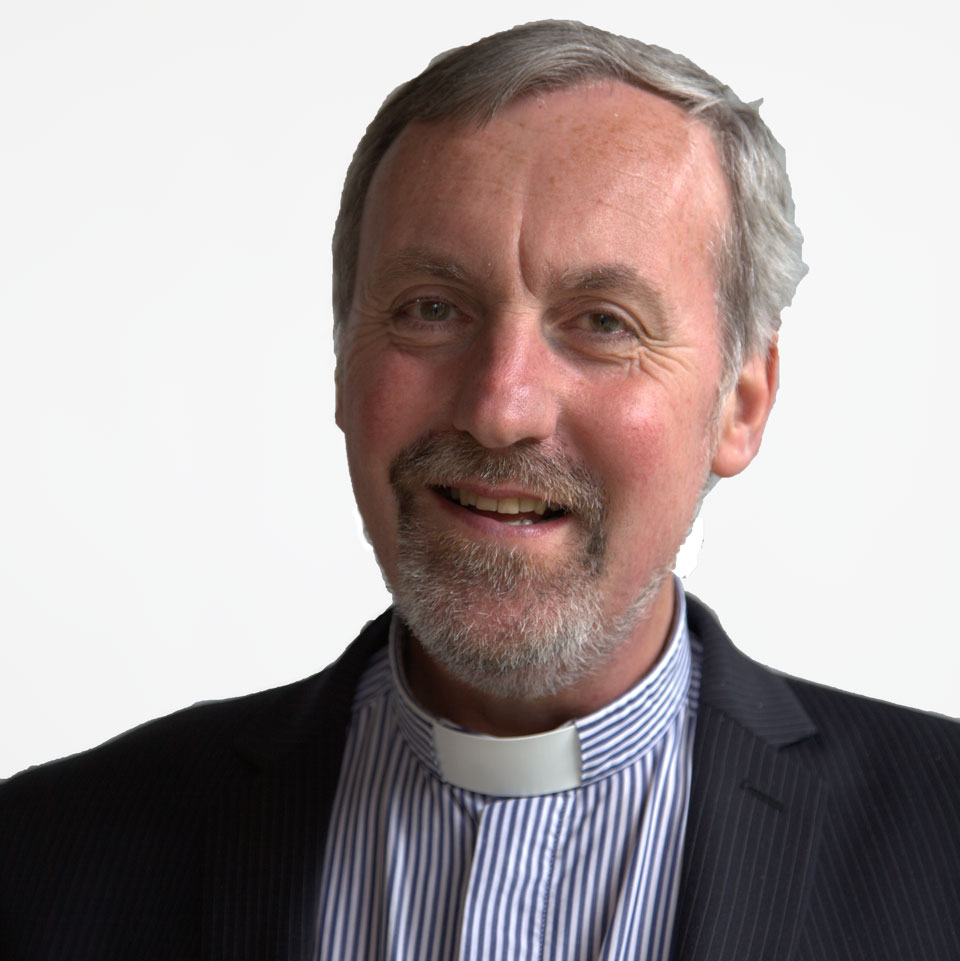
The Bishops Pastoral Letter for November 2018
As the nations attention turns to commemorating the centenary of the Armistice, the Archdeacon of Salop is conscripted to replace the vacant Bishop of Shrewsbury.
In Furthering Humanity Tim Gorringe argues that Christianity makes a threefold response to human history. It identifies with it, judges it and transcends it. So how does this apply when thinking about war?
Identifying with our humanity means being aware of the terrible costliness of war. Christians seek to identify with all the pain it has caused and like Christ bring light into this terrible darkness.
Judging humanity means recalling that when Jesus died on the Cross, he was an innocent man enduring a brutal execution at the hands of people who were misusing their power, following false ideologies, and demonstrating cold indifference. The perpetration of violence is never without serious flaw and even folly and where possible it needs to be exposed and lawfully punished.
Transcending humanity means that ultimately hope lies beyond history. The resurrection of Jesus points to a dimension of existence in which God makes all things new and which is marked by freedom from all that divides and disfigures human life. But also one in which there are no more tears, nor mourning, nor pain (Revelation 21 v 4), suggesting a healing of the wounds and tragedies of human history. Stephen Pinker argues that human violence is in decline and might disappear. But historians like Yuval Harari or Margaret McMillan (Reith Lectures 2018) say it is far too soon to tell. . Hoping for heaven motivates us to change the world : the promised future stabs into the flesh of every unfulfilled present. (Moltmann). Glimpsing the future form of Gods shalom we become peace-makers seeking wholeness and harmony at every level of our existence spiritual, emotional, physical, social, international and environmental.
Considering this threefold response to war leads us to ask: what part does God wants us to play in making this a better world?
The Ven Paul Thomas
Archdeacon of Salop